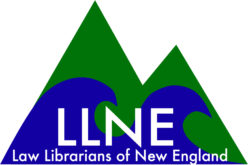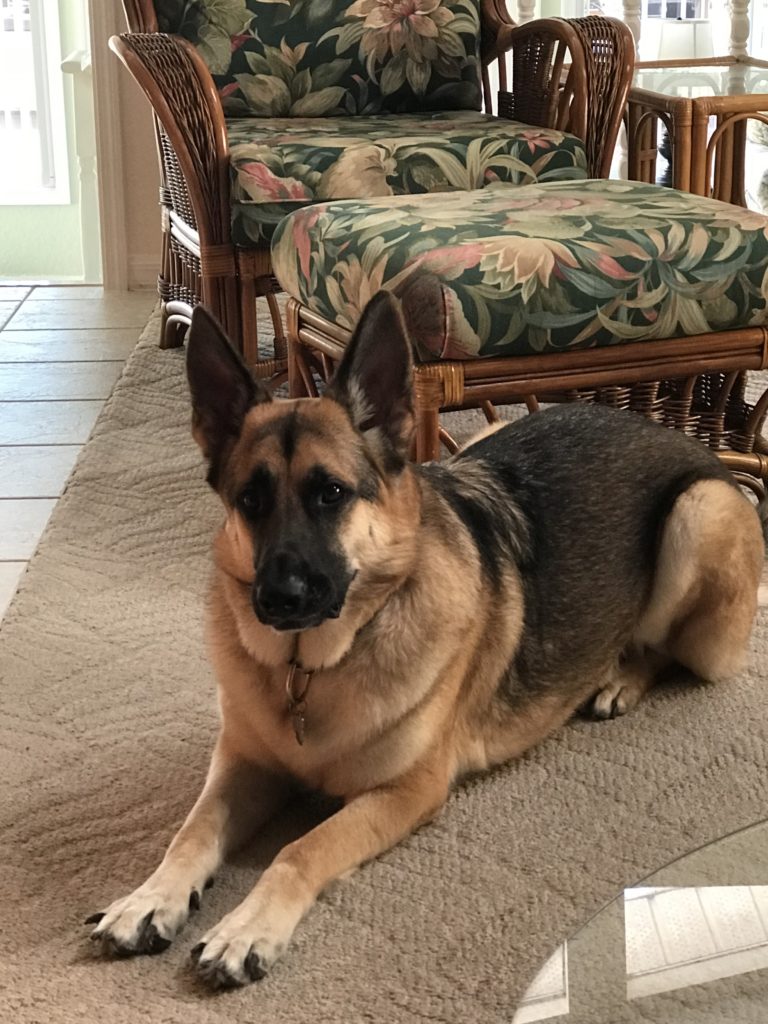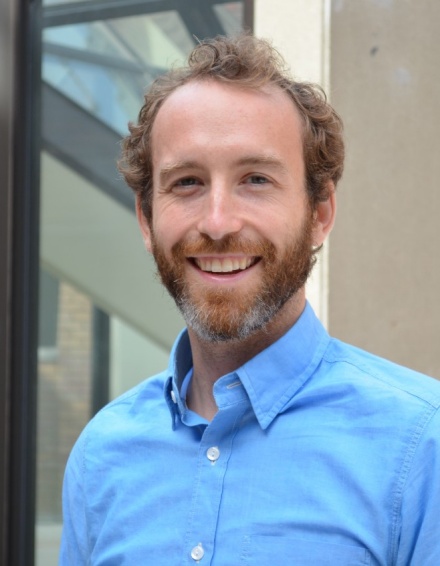We have one more panelist to feature before the Spring Meeting tomorrow. Yasmin Sokkar Harker is Student Liaison Librarian and Law Library Professor at CUNY Law. Her research interests include legal research pedagogy, critical information literacy, legal research and social justice, and information access issues. Read below for a more about Yasmin:
1. Tell us a fun fact about yourself! I participate I am in a book club that focuses on post apocalyptic science fiction.
2. Do you have any pets?
Two cats.
3. What is your favorite hobby? Reading fantasy and science fiction, trying and failing to become fluent in a second language.
4. What do you think is one of the most important aspects of critical law librarianship? How much you can broaden your own critical perspective on legal information by learning from others and having intellectual humility.
For more information about speakers, take a look at this Libguide for the Critical Law Librarianship-LLNE / SNELLA Spring 2022 Meeting!




